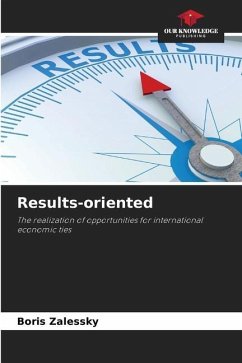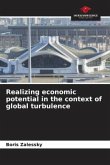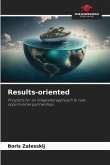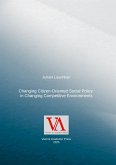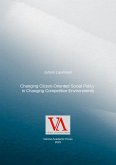The results of 2021 showed that the residents of six free economic zones (FEZ) operating in Belarus were able to generate up to 70 percent of investment, up to half of exports and a third of industrial production in their regions. And this despite the fact that at the beginning of 2022, 432 economic entities were registered in free economic zones, implemented projects with investments from more than 30 countries for a total of about seven and a half billion dollars of declared investment. During 2021 25 new residents with total declared investments more than 400 mln. dollars were added to the composition of FEZ in Belarus, one third of them - with foreign capital. In December 2021 the Republic of Belarus approved amendments to the law "On Free Economic Zones", which provided for the transfer of authority to change the boundaries of these preferential areas of land from the head of state to the government. The purpose of these innovations is to reduce the time from the idea to thestart of new investment projects in the territories, which are considered to be points of growth in the regions. How is this task solved in practice? This is discussed in the materials of the proposed study.
Bitte wählen Sie Ihr Anliegen aus.
Rechnungen
Retourenschein anfordern
Bestellstatus
Storno

